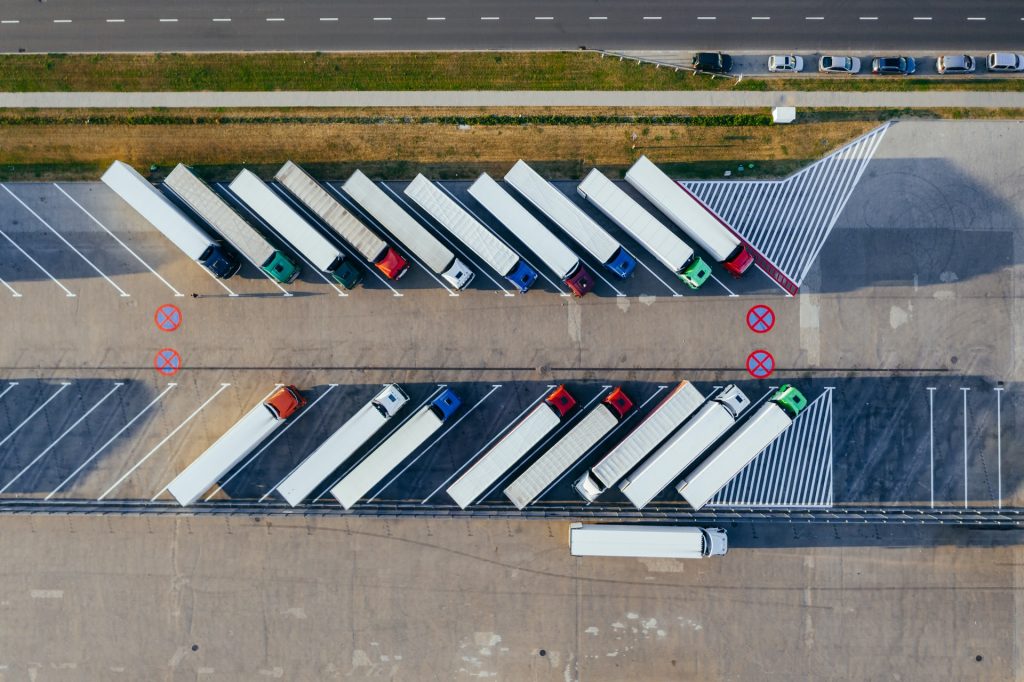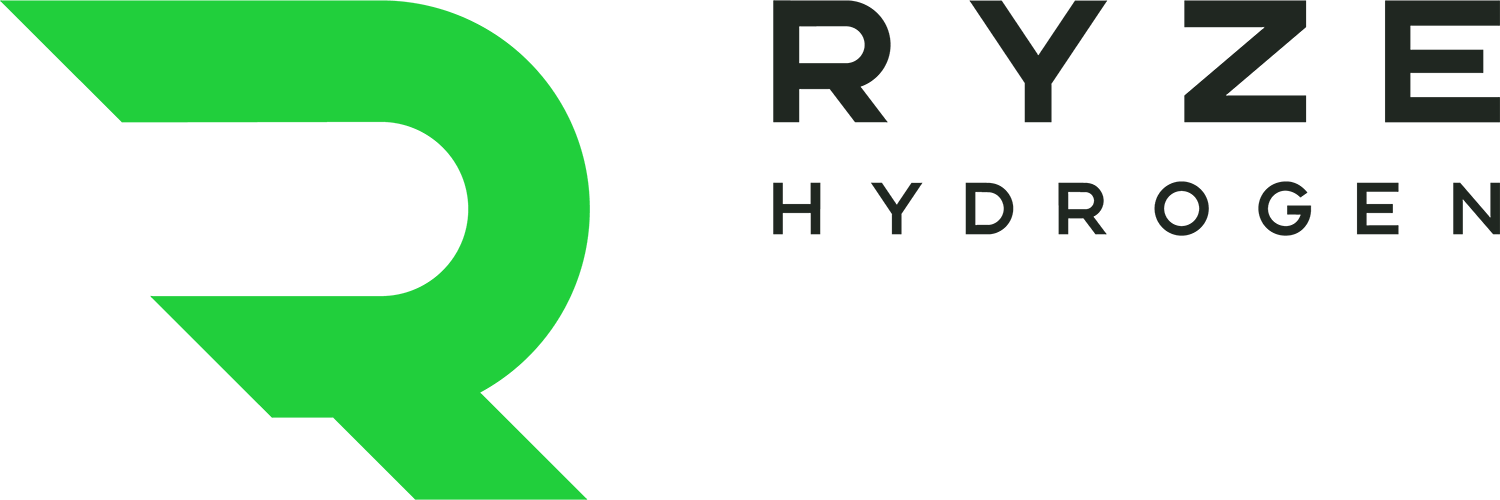Hydrogen-powered trucks are entering the fast lane as Daimler and Hyundai demonstrate rapid advances in the technology driving the revolution in road-based haulage.
Last week, Daimler Trucks said it is testing the use of liquid hydrogen with its Mercedes-Benz GenH2 Truck with the aim of extending the range of the vehicles to 1,000 km (621 miles) and beyond.
The trucks will carry two 40 kg tanks filled with cryogenic liquid hydrogen at minus 253 degrees Celsius.
The GenH2 trucks have been tested with compressed gaseous hydrogen since 2021, but Daimler foresees a need to use liquid hydrogen if the vehicles are to achieve the kinds of distance expected of the long-haul trucking industry.
In October 2021, Daimler announced an agreement with bp to build a network of 25 hydrogen refuelling sites across the UK by 2030 to support the rollout of its trucks.
Hydrogen fuel cells generate electricity and produce nothing but water vapor as a by-product; no carbon dioxide, no other planet warming gases.
Earlier this week, the maturity of hydrogen truck technology was demonstrated by Hyundai, which signed a deal with the German government and seven companies to deliver 27 of its XCIENT Fuel Cell trucks.

The Hyundai XCIENT hydrogen fuel-cell truck has a maximum range of 400 km per charge, while refuelling takes between just 8 and 20 minutes.
It is the first sale of the vehicles in Europe’s largest economy and follows the deployment of 47 XCIENT Fuel Cell trucks into Switzerland thus far and more into the US and China. Hyundai plans to deliver 1,600 fuel cell electric vehicles by the end of 2025.
Of the seven German companies that have purchased the trucks, only logistics giant Dachser has been identified thus far.
Funding for the purchases was supplied by the German Federal Ministry for Digitalisation and Transport (BMDV), which has a budget of €1.6 billion through 2024 to support the acquisition of battery, fuel cell and overhead line hybrid vehicles.
The Hyundai XCIENT sports a 180-kW hydrogen fuel cell system made up of two 90-kW units. Seven hydrogen tanks have a combined storage capacity of 31 kg of fuel, while three batteries provide 72 kWh of additional power.
The XCIENT has a maximum range of 400 km per charge, while refuelling takes between 8 and 20 minutes.
Hydrogen fuel cells will come to dominate heavy-duty vehicles, including buses, trains, trucks, shipping and aviation, according to a June report by Rethink Energy.
The speed at which hydrogen fuel cell electric vehicles can be recharged and their superior cycle life and range compared with battery electric vehicles will make them the solution of choice for most heavy vehicles and even some light passenger vehicles, Rethink analyst Harry Morgan wrote in the report.
Creating batteries that are large enough to power larger vehicles creates huge challenges and is, in some cases, not practical because of the growing weight of the battery pack.
Almost 72% of new heavy-duty vehicles will be powered by hydrogen by 2050, with the rest split between batteries and internal combustion engines, the report predicts.

The speed at which hydrogen fuel cell electric vehicles can be recharged and their superior cycle life and range compared with battery electric vehicles will make them the solution of choice for most heavy vehicles and even some light passenger vehicles
Daimler and Hyundai are not the only truckmakers focused on hydrogen. Earlier this year, Volvo Trucks unveiled a hydrogen-powered articulated vehicle with a 1,000 km range (similar to its fossil-fuel equivalent) and a refuelling time of 15 minutes.
America’s Hyzon Motors arrived in the Netherlands in mid-2021 with plans to sell 1,000 hydrogen trucks and build 25 refuelling stations in Europe by 2025. There are more than 60 members of the HyTrucks consortium, which was founded in early 2020 to establish standards for hydrogen trucks, refuelling and related infrastructure.
To learn more about Ryze Hydrogen click here.






